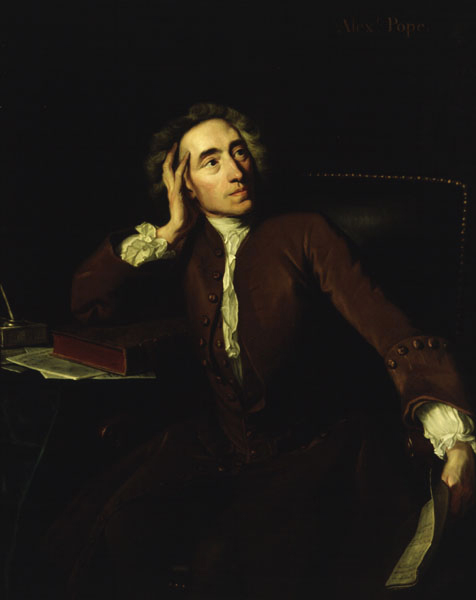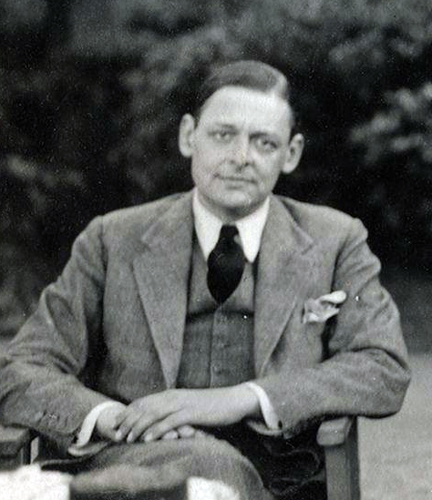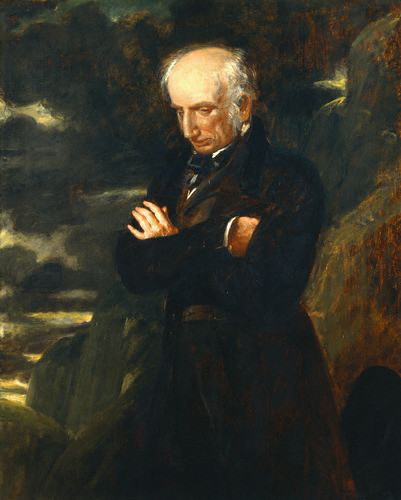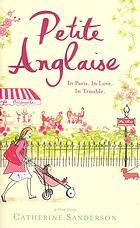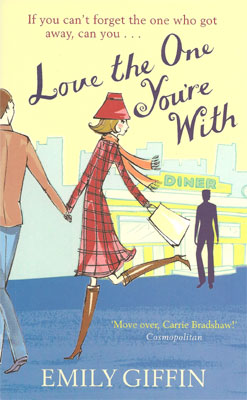It's Time We Tackle the All-Male Literary Canon
Linonia and Brothers Reading Room at Sterling Memorial Library, Yale University by Nick Allen [CC BY-SA 3.0], via Wikimedia Commons
As we say at GenderAvenger, it’s not that women aren’t there, it’s that you aren’t looking hard enough. English students at Yale have taken this to heart and are demanding that the English Department drop a required course with a reading list made up almost entirely of white men. The course, “Major English Poets”, takes students two semesters to complete and introduces the largely accepted canon of English poetry: Geoffrey Chaucer, Edmund Spenser, William Shakespeare, John Donne, John Milton, Alexander Pope, William Wordsworth, and T.S. Eliot. While some argue that the study of these writers is necessary to understand the English writing tradition and that these authors take up questions and problems that resonate throughout the whole of English literature, others ask why students are not taught to question why it is canonical.
As a writer, as a poet, and as a former English major, I understand the value in learning the rules in order to break them, of familiarizing yourself with what came before you, of influence. What I do not understand is why, after so very many years, we can still only conceive of one way to do so. If the goal is to present a writer who tackles a particular style or form artfully, surely you have more to choose from than the same eight. There is something wrong when you can go through four years of coursework with only one set of books. “It is possible to graduate with a degree in English language and literature by exclusively reading the works of (mostly wealthy) white men,” says one student. “Many students do not read a single female author in the two foundational courses for the major. This department actively contributes to the erasure of history.”
And that’s the thing, isn’t it? When you’re confronted with the same set of authors over and over again, you begin to accept them as the only ones, and it starts long before college. The association of high literature with white men is everywhere: when women authors are put into the “women’s literature” section of bookstores regardless of subject matter (as if romance novels, a largely ridiculed niche, are not riddled with male writers); when, regardless of content, a book written by a Latino or an Asian American writer gets pigeonholed as “minority writing;” when university English departments toss books written by these “minority” writers out of the tradition altogether by creating alternate categories like Asian American Studies and then don’t grant them the same level of study and seriousness. They’re not part of the canon if they’re not vetted by this looming veil of tradition, but they’re also not “real literature” if they’re not part of the canon. Who wins here?
This isn’t an abstract academic argument, either. Look at the state of publishing at large and you’ll see the effects of this kind of instruction. It is widely accepted that men do not read women’s books. I ask you: what is a woman’s book exactly? Books about love? Tell that to Raymond Carver, author of the famous and canonical, What We Talk About When We Talk About Love. Is a book a woman’s book because it speaks about domestic life? We don’t seem to have a problem with (lengthy) meditations on domesticity when Karl Ove Knausgaard does it. That’s because it’s not about any of these things. It’s about how we give men respect when they have thoughts that extend beyond their immediate surroundings yet consider women trapped by them and unable to intellectualize beyond their perceived bubbles.
It doesn’t matter if a woman is relating the care of a child with the care of a flailing country, her book is far more likely to be stamped with a sunset or something arbitrarily pretty in lieu of a cover more symbolic of its content. It doesn’t matter if a woman was perfecting sonnets before Shakespeare, her work still won’t be used to teach a student about form or meter. This is not an argument to dispose of literature as we know it, but rather a demand that we confront the ways it’s been intentionally shaped. Students are asking why. They deserve an honest answer.


